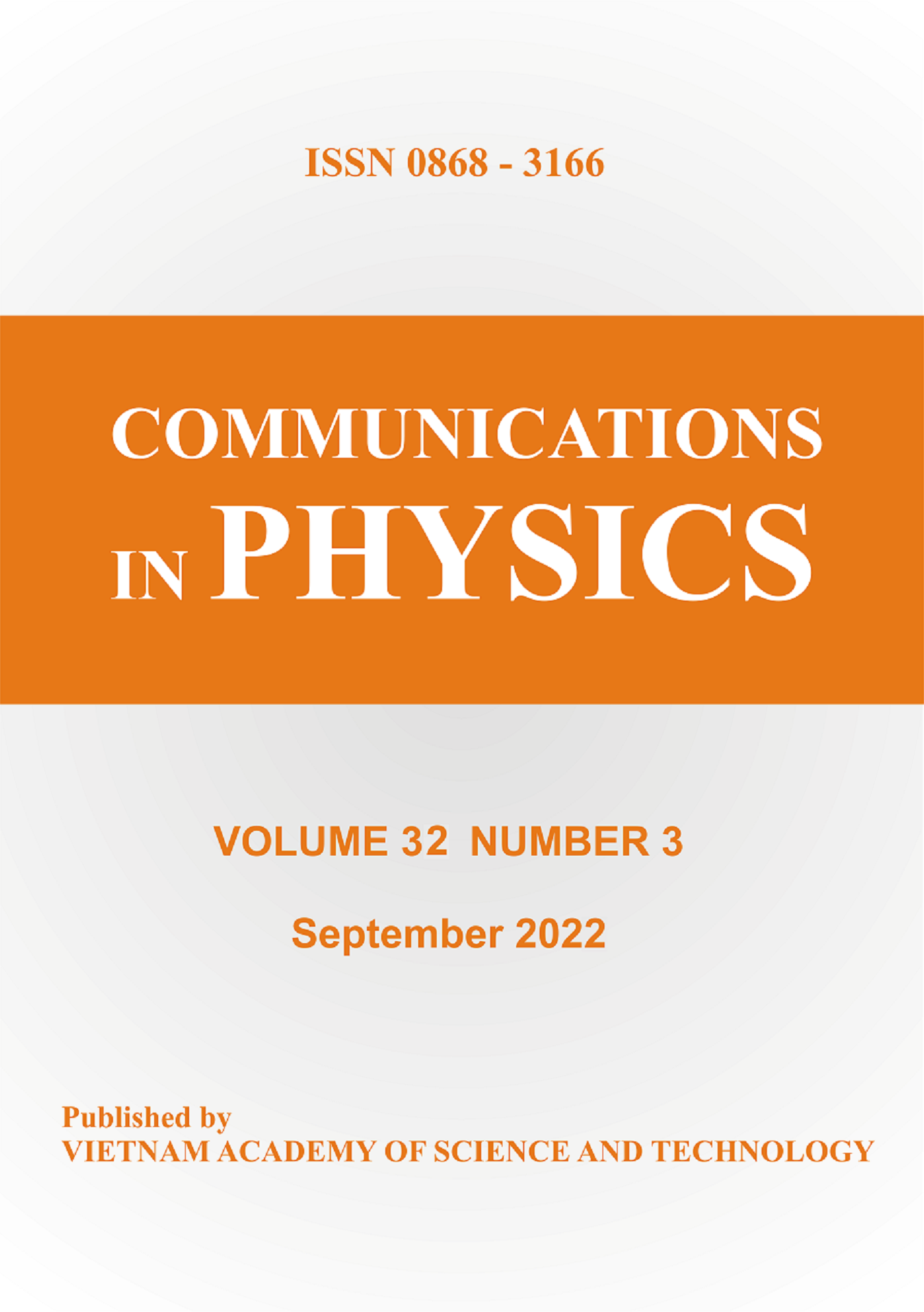Determination of Wavelength Shift of Fiber Bragg Grating Sensors by Tunable Single-mode Diode Laser
Author affiliations
DOI:
https://doi.org/10.15625/0868-3166/23/1/2613Abstract
We propose a novel principle of determination of fiber Bragg grating (FBG) wavelength shift which is impacted by a variation of physical parameters such as temperature, pressure and/or strain. In common case the wavelength shift of FBG was monitored by wavelength measurement using a high-cost spectrometer and a broad band light source. In our proposed technique the wavelength shift of FBG can be determined by change of lasing wavelength of distributed feedback laser (DFB-laser) due to the change of laser substrate temperature. The maximal opto-electrical intensity of photodetector would be obtained when the laser wavelength and FBG reflection wavelength are coincided. The FBG sensor prototype has shown excellent response for laser temperature change in the range of \(10^{\circ}C-50^{\circ}C\) with the ratio \(\Delta \lambda /\Delta T\) of the DFB laser is of 77.5 pm.K\(^{ - 1}\). Key features of the proposed technique are fabrication of low-cost FBG sensors for civil engineering.
Downloads
Downloads
Published
How to Cite
Issue
Section
License
Communications in Physics is licensed under a Creative Commons Attribution-ShareAlike 4.0 International License.
Copyright on any research article published in Communications in Physics is retained by the respective author(s), without restrictions. Authors grant VAST Journals System (VJS) a license to publish the article and identify itself as the original publisher. Upon author(s) by giving permission to Communications in Physics either via Communications in Physics portal or other channel to publish their research work in Communications in Physics agrees to all the terms and conditions of https://creativecommons.org/licenses/by-sa/4.0/ License and terms & condition set by VJS.







